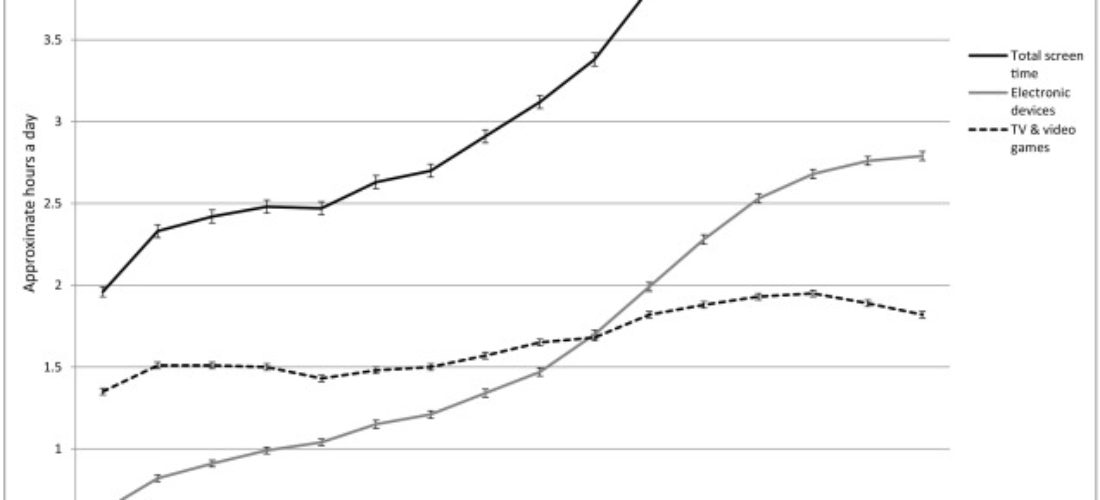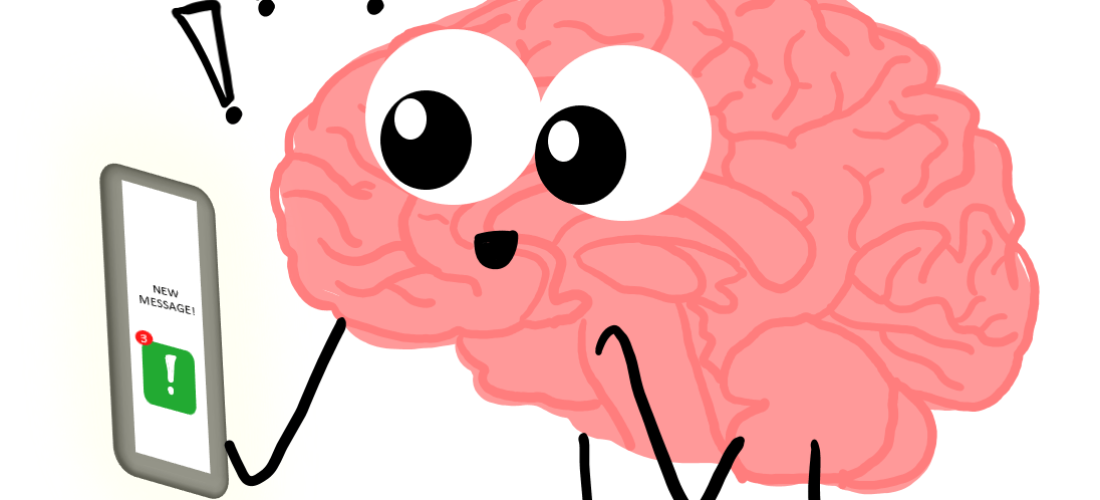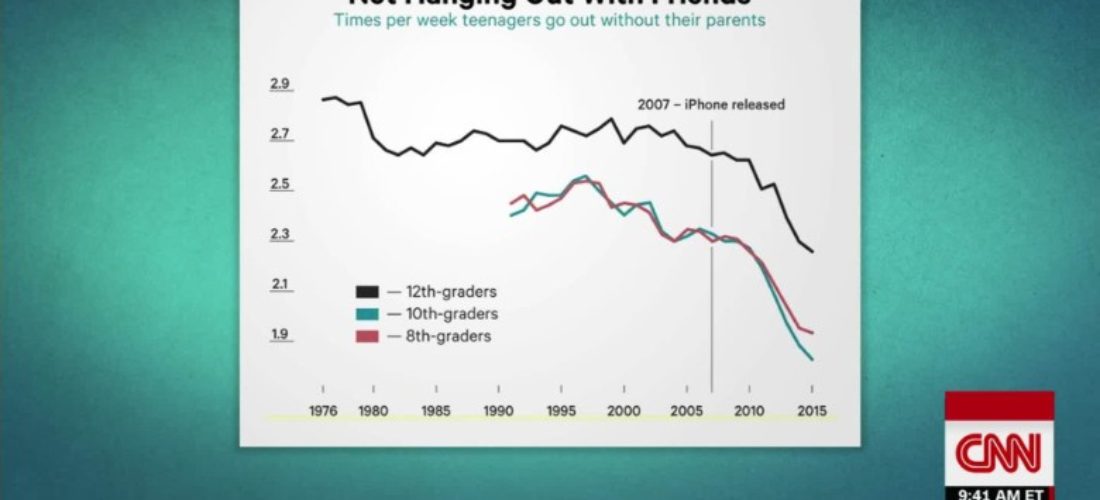..researchers found that the addicted teenagers showed more signs and indications of depression, anxiety, insomnia, and impulsivity, according to Dr. Seo. One chemical the researchers looked for changes in before and after the cognitive behavioral therapy was gamma aminobutyric acid (GABA). GABA is a neurotransmitter that slows or speeds up brain signals and regulates anxiety. They also examined the glutamate-glutamine (Glx) activity in the participants, which causes neurons to become more electrically excited.
If you’ve thought that teens who are constantly online are damaging their developing minds, you may be right. A recent study by Korean scientists discovered that young people addicted to their smartphones or the internet have brain chemical imbalances. The research team led by Dr. Hyung Suk […]
Click here to view original source Doctor: Teens Addicted To Smartphone, Internet Have Brain Imbalance





